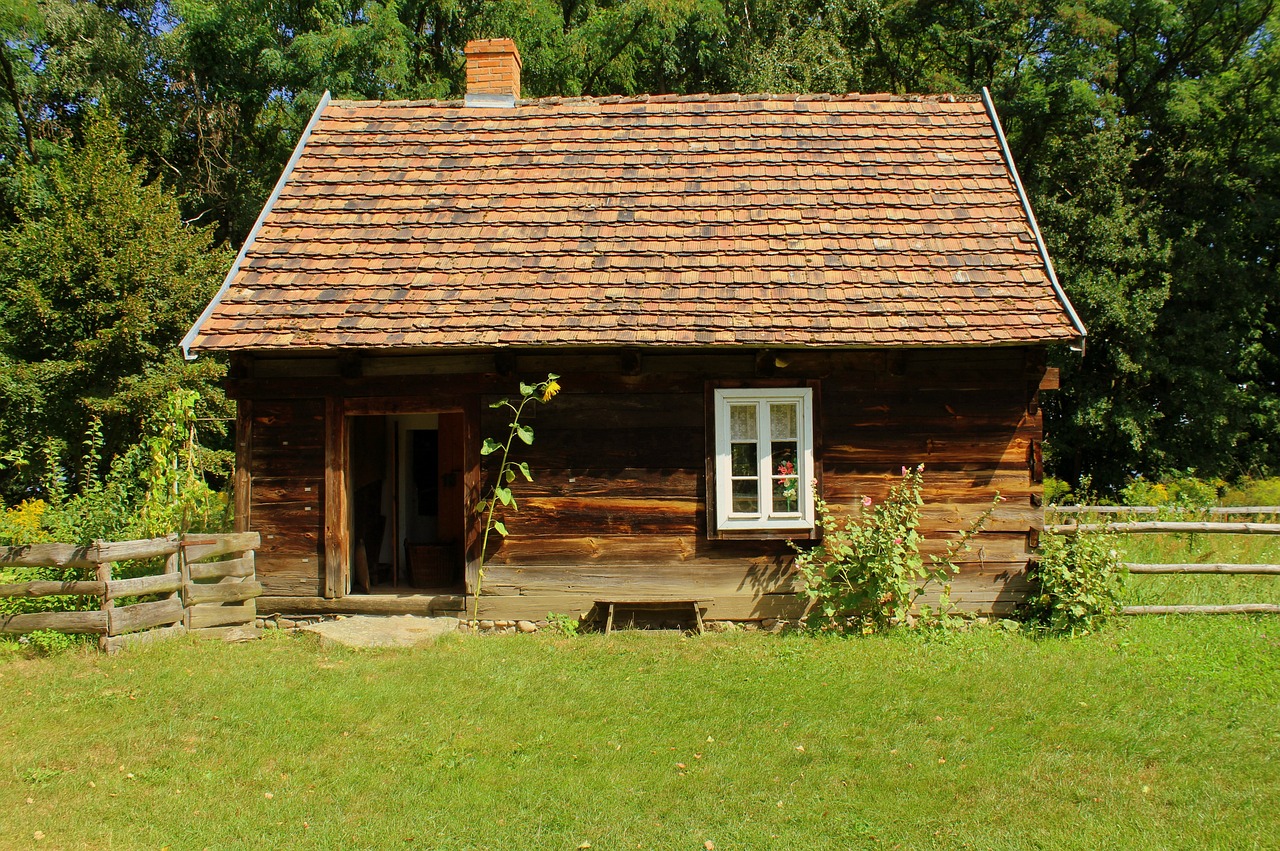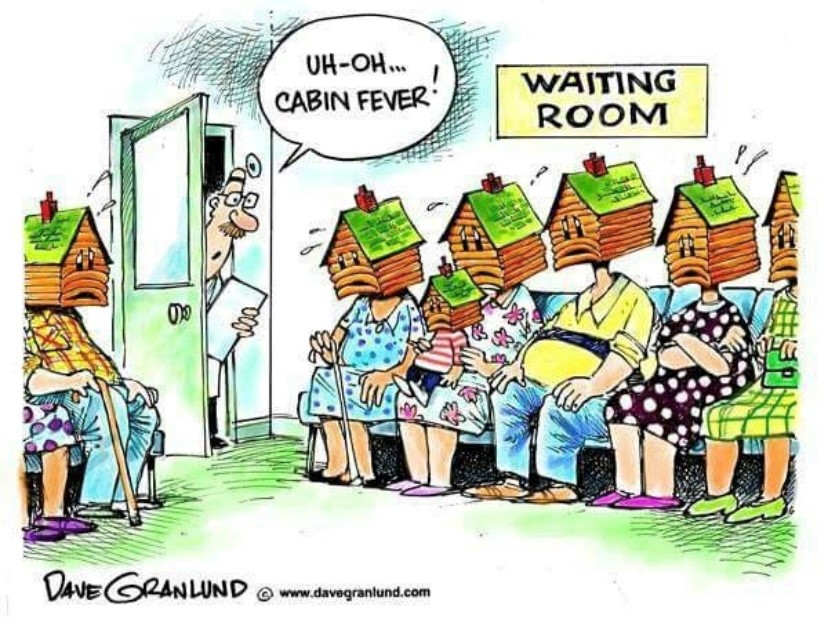Having one of the 4 c’s in the family (cottage, condo, chalet, or cabin) can help you make the most of your vacation. But what plans do you have for your vacation property when you pass on? Family cottages are wonderful – but many people take it on assumption that their children are willing to take on the property in the future.

Who wants the property?
Designing a succession plan for future ownership can be challenging, especially because these properties often hold plenty of sentimental and monetary value.
Many parents agonize over a complex succession plan for the family property, only to discover later that some or all of their children have no interest in it. Communication is key while developing your plan and flexibility may be required based on fluctuating family situations.
Cottage agreement
A Cottage Agreement is a document signed by you, and each of your heirs who will one day inherit your cottage. The agreement should be finalized after an open discussion with your heirs so that they provide input into its creation. What’s the purpose of a Cottage Agreement? To provide a clear understanding of how the finances, usage, upkeep and decisions around the cottage will work when you’re gone. The agreement will also spell out how disputes will be resolved, when (not if) they arise.
As the current owner of the cottage, you might want to pass ownership to the kids during your lifetime, but retain certain rights related to the property – such as the right to continue using the cottage. A Cottage Agreement should spell out these rights.
When heirs are going to share the cottage, the following issues should be discussed, with answers baked into your Cottage Agreement.
- Use of the cottage. Will all the kids be allowed to use the cottage all the time? Or will each have exclusive use at certain times? How do you allocate these times?
- Guests at the cottage. Are heirs allowed to bring guests to the cottage, or will it be family only? Further, can an heir rent the cottage during his or her exclusive time, or is renting prohibited?
- Sharing the costs.
- Managing the money.
- Labour at the cottage.
- Rules at the cottage.
- Succession of the cottage.
- Decisions about the cottage. How will your heirs arrive at agreement on matters related to the cottage?

The best things in life are free – plus tax of course.
How much tax will eventually be owing on the property, when will those taxes be due, and what can we do about it?
The value of the vacation property relative to the value of your entire estate is an important consideration. Over the years, its value may have increased significantly, resulting in insufficient funds in your estate to pay the capital gains and probate tax (if applicable), as well as to compensate any children who will not be inheriting the property.
You could end up paying tax on your cottage property if it has grown in value, and those taxes will generally be due when you sell, transfer ownership or pass away – whichever comes first. As a general rule, pushing that tax bill as far into the future as possible makes sense, which often means keeping the property as long as you can. But let’s face it, there are many reasons why this may not be practical. You may have to sell, or want to sell, for many reasons. Or perhaps you want to transfer ownership to the children before you pass away. What can be done about the tax liability?

Income tax planning
Principal residence exemption
The principal residence exemption (“PRE”), if available, can shelter the gain on a principal residence from capital gains tax. A principal residence can include a vacation property, even if it’s not where you primarily live during the year as long as you, your spouse or partner, or child “ordinarily inhabit” it at some point during the year. A cottage is considered to be ordinarily inhabited by someone, even if that person lives in that property for only a short period of time during the year (such as during the summer months), as long as the main reason for owning the property is not for the purpose of earning income. Even if you rent it out occasionally, the Canada Revenue Agency (“CRA”) has stated that incidental rental income won’t prevent a cottage from still qualifying as a principal residence.
Many people keep the PRE to shelter their city home from tax. But given the big jumps in value of many cottages over the past few years, this should be rethought. It generally makes sense to shelter the property with the biggest gain per year of ownership – which could be the cottage today. A key note – you can only have one principal residence designated in any given year.
Life insurance
Alternatively, dealing with a tax bill on the cottage can be as easy as buying a life insurance policy to cover the taxes upon your death. This way, you won’t leave your heirs in a pickle if they want to keep the cottage but don’t have much in liquid assets to pay the taxes owing. Take the time to understand what that tax bill might look like, then consider a permanent life insurance policy that also allows for the tax-free accumulation of investments inside the policy.
Depending on the plan, and the age and health of the insured, life insurance may be a cost effective solution to help cover the potential tax on the capital gain.
Joint ownership
One common probate-avoidance technique is to register title of the property in joint tenancy with right of survivorship (JTWROS), whereby each joint owner has an undivided interest in the entire property. This type of joint ownership means that upon the death of one owner, the property is owned solely by the surviving joint owner, bypassing the estate and therefore, not subject to probate.
Joint ownership, however, is mired in a plethora of other problems, some of which may be more significant than the probate bill. The biggest problem, and the subject of two 2007 Supreme Court of Canada cases, is proving the transferor’s true intention — was it a gift or merely an estate-planning strategy?
There are other issues that arise from JTWROS. The original owner gives up sole control of the property and would need the other owner’s permission to mortgage or sell it. As well, the property could be subject to creditor and family claims of the new joint owner. Given the potentially high value at stake, it is best to obtain legal advice about the pros and cons of JTWROS and what can be done to make sure the structure properly reflects your intentions.
Use of a Trust
Trusts are often a useful planning tool used to help with the transition of property from one generation to the next. A trust is not a legal entity but rather a relationship that separates the legal ownership of property from the beneficial use and enjoyment of that property.
In a typical scenario, the property owner would transfer the property into a Trust. The Trust would have a Trustee (s) and beneficiaries. This can often be complex planning and needs to be done properly to ensure it aligns with your specific situation. Obtaining legal and tax advice is essential.
There are plenty of financial and emotional factors to consider as you work through this process. It’s well worth it, so future generations can enjoy it as much as you and your family have.
While we have provided you with general information regarding considerations for keeping your vacation property in the family, you should consult with professional advisors to review and implement strategies appropriate with your particular circumstances. Please reach out to your Arbutus Financial advisor to discuss further. We would be happy to help.
Further Reading:
Tax Estate Planning for your Vacation Property
Four Myths about Cottage Ownership